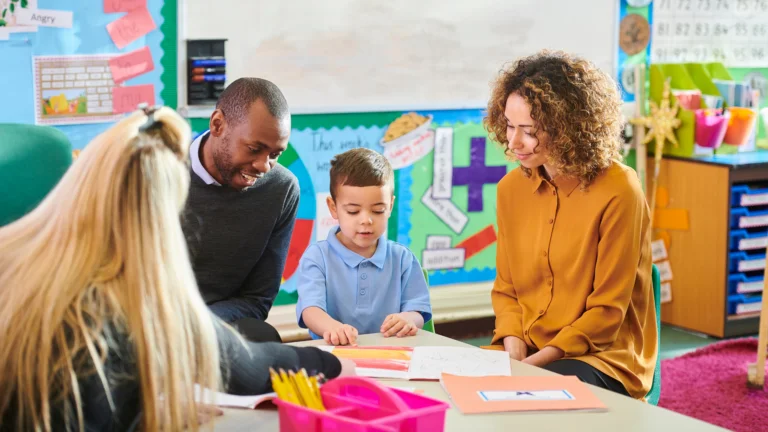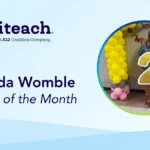The Power of Listening
Have you ever used the video chat App “Marco Polo”? It is a simple app that allows you to leave a friend a video message and you can respond to it when you have time. What I find interesting about the app is that it forces you to listen to what someone is saying and you can’t interrupt them.
I have been using this app now for a couple of years and some of my friends have commented that they appreciate my responses to their video chats because I reiterate what they have said and I do a good job of addressing each of their topics they discussed. The only reason I do this is because I remember in a business training class, I remember being taught that when you are actively listening, you try to reiterate what the other person said and you say things like, “What I think I heard you just say is…” and then you say back to them what you heard or understood. This simple way of clarifying makes them feel heard and also avoids miscommunication.
In Stephen Covey’s book “The 7 Habits of Highly Effective People”, habit number 5 is “Seek first to understand, then to be understood” – “Use empathetic listening to genuinely understand a person, which compels them to reciprocate the listening and take an open mind to be influenced by you. This creates an atmosphere of caring, and positive problem-solving.” (Wikipedia)
When we actively listen, we can understand what the other person is trying to convey and give them the best response instead of grabbing the conversation and running away with it. A friend of mine recently told me that he has a habit of wanting to interject something helpful and he feels like if he doesn’t say it right then, that it is gone later and when the person is looking for feedback, then he doesn’t have anything good to say. But in the short TED Talk below, William Ury shows the importance of taking the focus off of ourselves and our response and placing it on the individual. By waiting until the person is done talking, we not only allow that person to feel heard, but also provide the most comprehensive response once we have the facts. It is also important to take into account that sometimes people don’t want to hear advice or a solution, sometimes they just need to be heard.
Listening Well is More Important Than Giving Advice
I love what Sarah Peck says from her article “Why listening well is more important than giving advice.” She says, “What we want, instead, is someone to sit with us and acknowledge that the puzzle we have is real, and to be witnesses to the experience that we’re having. Sometimes—I know this is true for me—we want someone to be in the room while we puzzle it out and figure it out on our own.” (Startup Parent)
I’m part of an organization called “The Crucible Project” and it is all about becoming the best version of yourself. We meet every other week and in those sessions we do exercises that often help us become better listeners and better communicators. One of my favorite things that I’ve learned is that when someone has proposed a problem, we ask them, “Are you open to hearing feedback?” or “Are you open for some advice?” The person with the problem then has the opportunity to respond by saying, “No, I really just needed to process that out loud and hear it for myself.” or, “Yes, I’d love your input.” We also create safe spaces where people can share without judgement or shame. While we do this as a group of men, it is something that you can do with your partner, friends, family, or anyone. By active listening we create trust. By guarding our body language and making sure we don’t make looks of shock or judgment, then people will feel like they can share anything with us without fear.
Listening is the Key to Communication
“How much listening can there really be, with so much interruption and distraction?” William Ury, TED Talk
In Ury’s Ted Talk, he highlights some excellent points about listening and communication. What I think is key is that listening well is not something that comes naturally, it actually has to be learned and practiced. It is a skill that gets better over time, just like anything else that we want to improve. Ury states that “when we are genuinely listening, the spotlight moves from us, to the other person and we put ourselves in their shoes, we tune in to their wavelength, we listen from within their frame of reference, not just ours… in genuine listening, we listen not only to what’s being said, but what’s not being said.”
This is so helpful. I know that when I listen I’m often listening with the intent to respond. I think to myself, “I’m ready for them to stop talking so that I can wow them with my wisdom and insight!” Unfortunately, that is really a true statement. People have told me I’m a good listener and that I give good advice and it makes me feel valued and affirmed when someone asks for my advice, but I have to earn that right to provide feedback by consistently listening and focusing on their “want” and not my response.
Good Communication is Essential
I did some research on “Why relationships fail”. The top three responses almost always include lack of trust and poor communication. Listening helps with both of these. When we listen well, we become more trustworthy. Active listening means putting away our phones and things that are distracting, making eye contact and avoiding judgmental body language. It is also important to remember that sometimes people don’t want advice when it comes to their problems, they just want a safe place to verbally process what is on their mind.
Great Teachers are Great Communicators
If you are passionate about impacting the world around you there are few places where you can influence the future as much as a teacher. Teachers have the ability to build students up and set them on a positive course that can have a ripple effect for future generations.
If you are interested in becoming a teacher, check out our online teacher certification process and you could be teaching in a matter of weeks.





